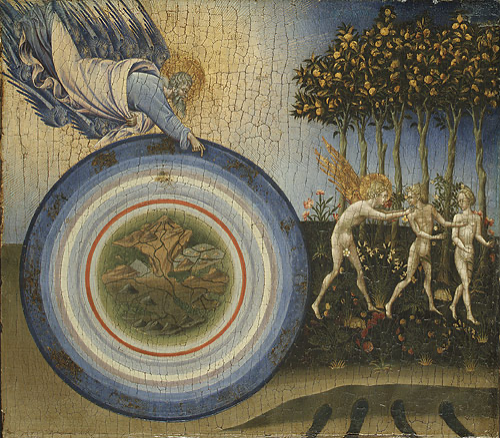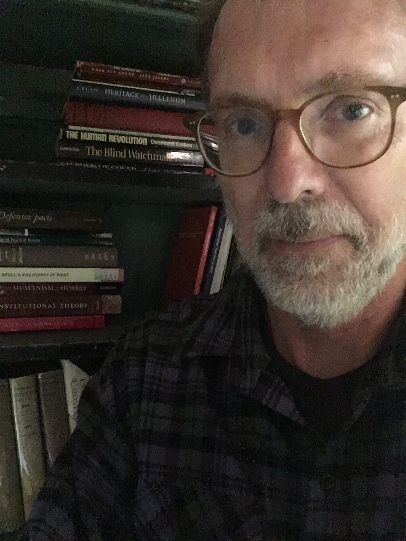HUMS 224, Modernities: Hobbes and Galileo

Course Description:
Hobbes considered himself a disciple of Galileo, but as a systematic philosopher and ideologue during a period of civil unrest in England, he no doubt produced something that Galileo, a Tuscan astrophysicist and impassioned literary critic, was not entirely responsible for: an absolutist theory of the modern state situated within an eschatological time frame. In this course we will reflect on the relation between Galileo’s anti-Aristotelian physics and Hobbes’ system by reading key texts by Galileo and Hobbes along with an array of interpretations and criticisms of Hobbes that will serve to situate Hobbes in early modern currents of thought in science, religion and politics, while at the same time situating us in contemporary ideological debates about the origins of modernity.
Led By:
 |
William Klein studied the history of political thought under Quentin Skinner at Cambridge, and J.G.A. Pocock at Johns Hopkins. After completing his Ph.D., he worked as a carpenter and a free-lance writer and editor for more than a decade. He comes to Yale from NYU, where he taught in the honors program and was chair of Law, Ethics and Religion in Global Liberal Studies. He has published studies on the history of constitutional and political thought from Thucydides to Hobbes, and he recently edited a collection of dialogues held at NYU’s Villa La Pietra, entitled Democracy and Dissent. He is currently completing a study on the history of ideas and imaginings surrounding civil strife. |